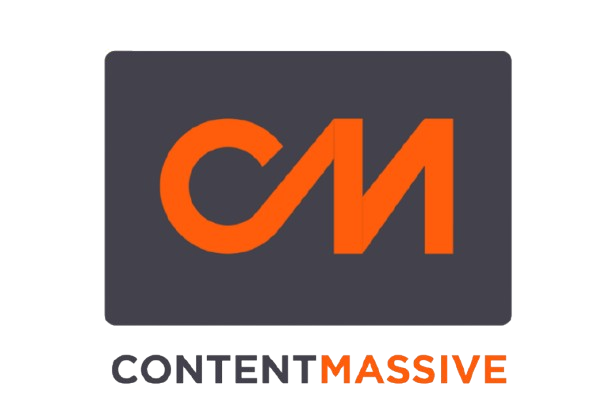Blog Post Length
In the dynamic world of digital marketing, content has become the cornerstone of online success. The length and quality of blog posts, articles, and other web content play a crucial role in attracting and retaining online visitors. For businesses using the WIX Content Management System (CMS) to power their websites, the question of ideal blog post length is a critical consideration.
With the advent of ContentMassive, a cutting-edge AI-powered tool designed to generate SEO content in bulk, WIX CMS users now have a powerful ally in their quest for optimizing content length and quality. Leveraging the capabilities of artificial intelligence, ContentMassive offers WIX users a sophisticated platform to create, manage, and optimize content that is not only reader-friendly but also search engine-friendly.
Understanding the Role of Blog Post Length in SEO Optimization
When it comes to search engine optimization (SEO), the quality and length of written content emerge as significant factors. While historically, the ideal word count for blog posts has been a subject of debate and speculation, recent data and trends point to longer-form content as a preferred choice for search engines, particularly when it comes to ranking on the first page of search results.
By analyzing search engine results and user behavior, it becomes evident that longer blog posts tend to outperform their shorter counterparts. In fact, studies have shown that top-ranking content on Google often exceeds 2,000 words. This is because longer articles can provide more comprehensive information, tend to attract more backlinks, and offer an opportunity for the inclusion of a wider array of keywords and topics.
The WIX CMS Advantage
As a leading website building platform, WIX CMS offers users an intuitive interface and a range of customization options. Its user-friendly approach has made it a popular choice for businesses looking to establish their online presence without the complexities of traditional web development. However, when it comes to honing the SEO performance of a WIX website, the question of content length and optimization often arises.
WIX CMS users will be pleased to know that the platform is flexible and accommodating when it comes to content management. With built-in features for adding and editing content, WIX enables users to craft engaging web pages and blog posts. However, the challenge lies in ensuring that the content aligns with SEO best practices, including optimal length and keyword relevance.
Introducing ContentMassive: A Game-Changer for WIX Users
Enter ContentMassive – a revolutionary AI-powered content creation tool designed to assist businesses in optimizing their online content. By leveraging the power of artificial intelligence, ContentMassive enables WIX users to generate high-quality, SEO-optimized content in bulk, thereby addressing the intricacies of blog post length and keyword relevance.
ContentMassive utilizes advanced algorithms to analyze search trends, user intent, and topic relevance, thus empowering WIX users to create compelling content that resonates with both audiences and search engines. With its intuitive interface and sophisticated data processing capabilities, ContentMassive streamlines the content creation process, ensuring that WIX users can produce comprehensive, well-optimized blog posts and web copy effortlessly and effectively.
Conclusion
In the realm of digital marketing, the significance of content length and quality cannot be overstated. For businesses utilizing the WIX CMS, the quest for optimizing content for SEO requires strategic tools and approaches. ContentMassive emerges as a formidable solution, offering WIX users the ability to create SEO-friendly content at scale, thus enhancing their online visibility and driving business growth.
In summary, as digital marketing continues to evolve, WIX users can leverage the innovative capabilities of ContentMassive to ensure that their content not only meets the expectations of their target audience but also resonates with search engines, ultimately contributing to their SEO success and overall business performance.

